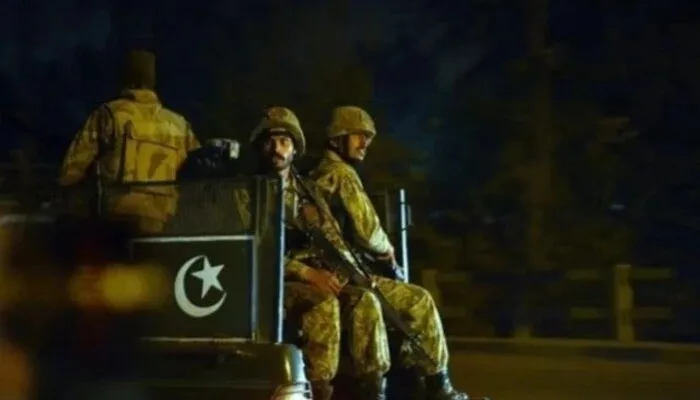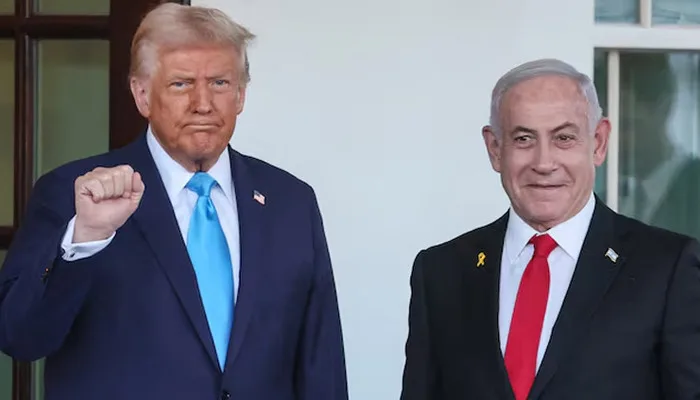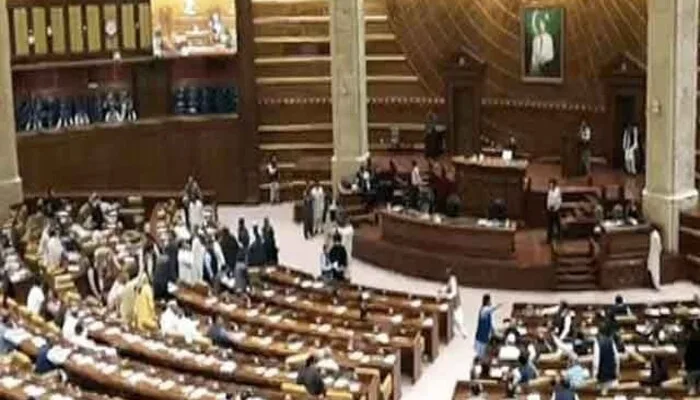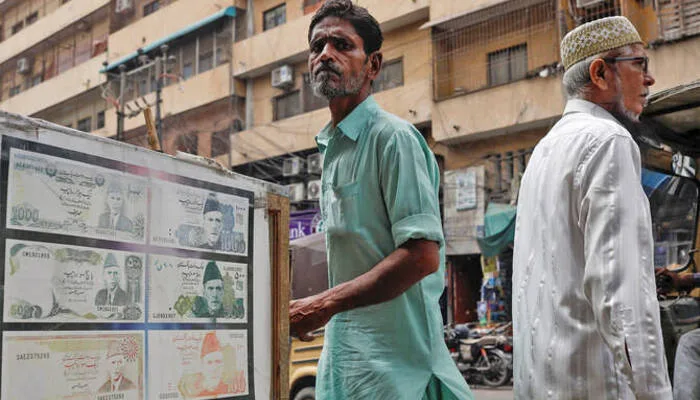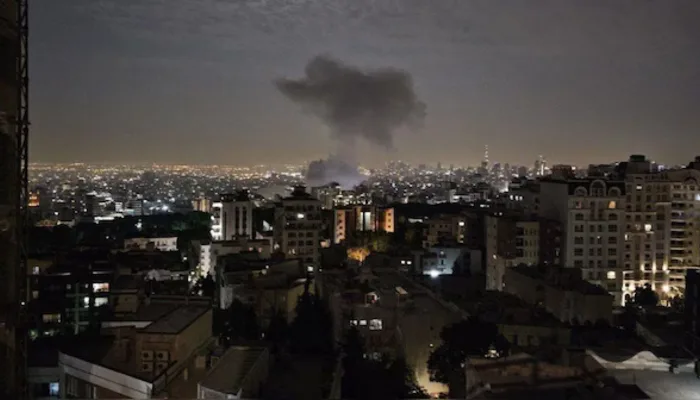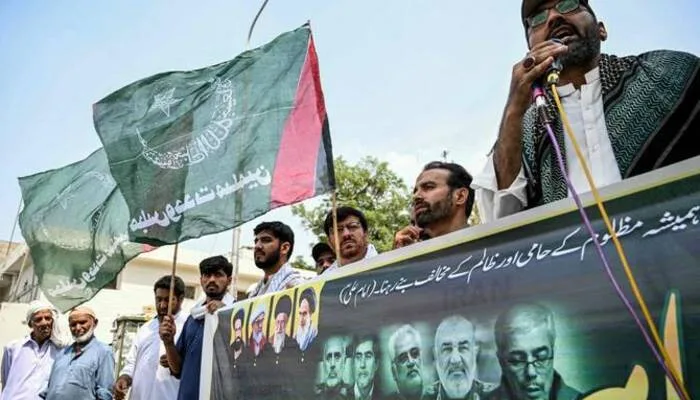
Amid escalating conflict between Iran and Israel, Pakistan has announced a complete Pakistan-Iran border closure, suspending crossings for an indefinite period. The decision comes as missile exchanges and threats of further strikes intensify across the Middle East.
Border Crossings Suspended
Officials in Balochistan confirmed the suspension of all border facilities in five districts: Chaghi, Washuk, Panjgur, Kech, and Gwadar. “Crossing into Iran has been suspended until further notice,” said Atta ul Munim, a border official in Chaghi. However, trade activities remain unaffected for now, and returning Pakistani nationals are being allowed back into the country.
According to authorities, around 200 Pakistani students are expected to return from Iran today.
Evacuation Efforts Underway
Foreign Minister Ishaq Dar reported that 450 Pakistani pilgrims had been evacuated from Iran over the weekend, with more being repatriated from both Iran and Iraq. These countries host key Shiite religious sites frequently visited by Pakistani pilgrims.
Read: Punjab Presents Rs5.35 Trillion Tax-Free Budget
Solidarity with Iran
On Friday, Pakistan voiced strong support for Iran in the wake of Israeli strikes. Islamabad, which does not recognize Israel, declared its “solidarity with the Government and the people of Iran.” Defense Minister Khawaja Asif echoed these sentiments, warning the world of Israel’s nuclear capabilities and accusing it of defying international nuclear norms.
Cautious Diplomacy
While reports have hinted that Pakistan might back Iran in a broader conflict, officials maintain that the country’s support is limited to “moral and diplomatic solidarity.” Islamabad continues to walk a tightrope, balancing relations with Iran while maintaining ties with Saudi Arabia—its key financial backer.
Trade and Strategic Relations
Pakistan and Iran share a 900-kilometer border and a complicated relationship. Despite political differences and international pressure, bilateral trade stands at $3 billion, with both sides aiming to boost it to $10 billion in the coming years.
As tensions grow, Pakistan’s decision underscores its cautious stance in a region on edge.
Follow us on Google News, Instagram, YouTube, Facebook,Whats App, and TikTok for latest updates




